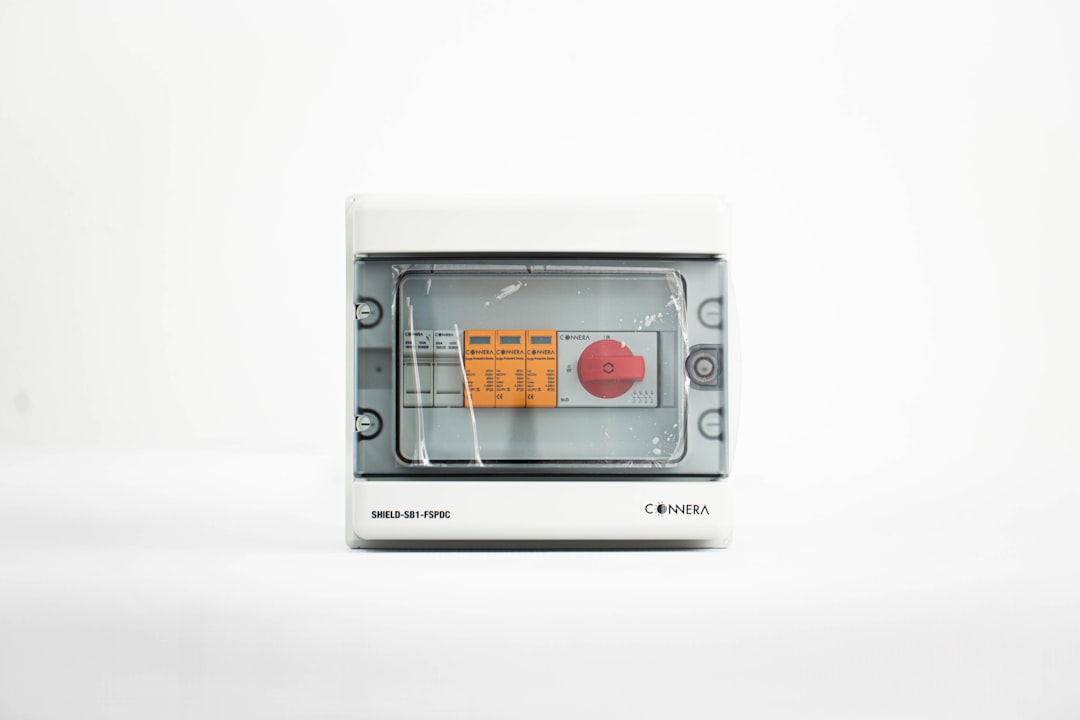Virtual reality (VR) has rapidly grown in popularity over the past decade, with advancements in technology allowing for immersive and realistic experiences. While it first gained recognition in the gaming industry, the potential of VR extends far beyond entertainment. In fact, it is being increasingly utilized in various industries to enhance training, education, communication, and even therapy. In this blog post, we will explore some of the potential applications of virtual reality in different sectors.
One of the industries benefiting the most from VR is healthcare. Medical professionals are using VR to simulate complex procedures and surgeries, allowing trainees to practice in a safe and controlled environment before operating on real patients. This training method reduces the risk of errors and enhances the skills of medical practitioners. Moreover, VR is also being utilized for pain management and therapy. For example, patients with anxiety disorders can use VR to confront their fears in a controlled environment, helping them overcome their phobias more effectively.
Another sector exploring the potential of VR is real estate. Traditionally, potential buyers would have to physically visit properties to get a sense of the space and layout. With VR, individuals can virtually tour properties from the comfort of their homes, providing a more convenient and time-efficient way to explore different houses or apartments. Additionally, real estate developers and architects can use VR to showcase their designs and concepts, allowing clients to visualize the end result before construction even begins.
Education is another field that has embraced virtual reality. As technology continues to advance, textbooks are being supplemented with more interactive and immersive learning experiences. Through VR, students can explore historical events, visit different countries, and even travel to different time periods without leaving the classroom. This not only enhances engagement and motivation but also allows for a deeper understanding of the subject matter. Furthermore, VR can also help individuals with disabilities access education, providing them with equal opportunities for learning and growth.
The automotive industry is also leveraging the potential of VR. Car manufacturers are using virtual reality to design and test new vehicles. Engineers and designers can explore different prototypes in a virtual environment, making adjustments and modifications before creating physical models. This not only saves time and resources but also allows for more efficient design processes. Additionally, VR is being used for virtual showrooms, enabling potential customers to experience different car models and customization options without having to visit a physical dealership.
Finally, one cannot ignore the impact of VR on the entertainment industry. While it is widely known for its use in gaming, VR is revolutionizing the way people experience movies, concerts, and other forms of entertainment. With VR headsets, individuals can feel as if they are part of the action, providing a more immersive and captivating experience. This has the potential to redefine the future of entertainment, blurring the boundaries between reality and virtual worlds.
In conclusion, virtual reality has tremendous potential in various industries beyond gaming. From healthcare and real estate to education and entertainment, VR is revolutionizing the way we learn, work, communicate, and experience the world. As technology continues to evolve, we can expect to see even more innovative applications of VR, ultimately improving efficiency, engagement, and experiences across different sectors.










